Keywords: Work Life Balance
-

AUSTRALIA
- Frank Brennan
- 23 October 2015
4 Comments
Francis knows there are all sorts of issues inside and outside the Church where for too long people with power have tried to keep the lid on, in the hope that the problems and complexities will go away, often by parodying those who see the problems or complexities as small 'l' liberals or cafeteria Catholics. He delights in being joyful and troubled while contemplating big problems, calling people of good will to the table of deliberation reminding them of the kernel of the Christian gospels. He has the faith and hope needed to lift the lid without fear and without knowing the answers prior to the dialogue occurring.
READ MORE
-
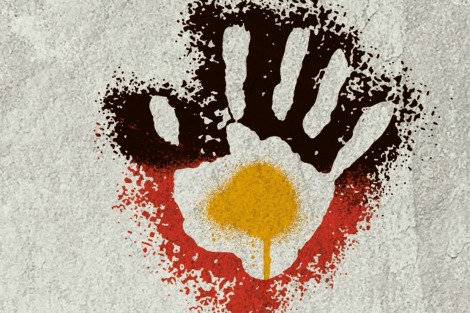
AUSTRALIA
- Frank Brennan
- 16 October 2015
2 Comments
I acknowledge those Aborigines and Torres Strait Islanders who insist that they have never ceded their sovereignty to the rest of us. I join with those Aborigines and Torres Strait Islanders who hope for better days when they are recognised in the Australian Constitution. As an advocate for modest constitutional recognition for Indigenous Australians, I respect those Aborigines and Torres Strait Islanders who question the utility of such recognition. But I do take heart from President Obama's line in his Charleston eulogy for the late Reverend Clementa C. Pinckney: 'Justice grows out of recognition'.
READ MORE
-

- Frank Brennan
- 18 September 2015
Pope Francis's concerns are not narrowly dogmatic or pedagogical but universally pastoral. He knows that millions of people, including erstwhile Catholics, are now suspicious of or not helped by notions of tradition, authority, ritual and community when it comes to their own spiritual growth which is now more individual and eclectic. He wants to step beyond the Church's perceived lack of authenticity and its moral focus on individual matters, more often than not, sexual. He thinks the world is in a mess particularly with the state of the planet — climate change, loss of biodiversity and water shortages, but also with the oppression of the poor whose life basics are not assured by the operation of the free market, and with the clutter and violence of lives which are cheated the opportunity for interior peace. He is going to great pains to demystify his office. He wants all people of good will to emulate him and to be both joyful and troubled as they wrestle with the probl
READ MORE
-
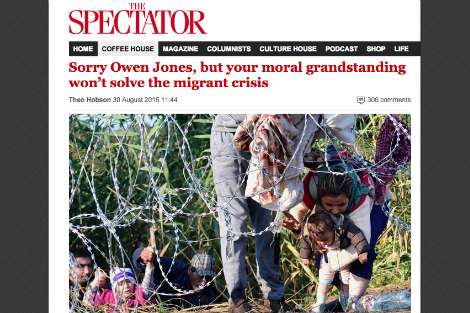
AUSTRALIA
- Tim Robertson
- 09 September 2015
3 Comments
Writing in The Australian this week, Chris Kenny declares: 'Emotion, moral vanity, political posturing and good intentions won't be much of a guide when it comes to making the right decisions and delivering the best results'. He and like minded opinion writers get so much traction because they're essentially correct. Compassion alone is not enough.
READ MORE 
-

- Frank Brennan
- 01 September 2015
1 Comment
If you want to form government in Australia and if you want to lead the Australian people to be more generous, making more places available for refugees to resettle permanently in Australia, you first have to stop the boats. If you want to restore some equity to the means of choosing only some tens of thousands of refugees per annum for permanent residence in Australia from the tens of millions of people displaced in the world, you need to secure the borders. The untrendy truth is that not all asylum seekers have the right to enter Australia but that those who are in direct flight from persecution whether that be in Sri Lanka or Indonesia do, and that it is possible fairly readily (and even on the high seas) to draw a distinction between those in direct flight and those engaged in secondary movement understandably dissatisfied with the level of protection and the transparency of processing in transit countries such as Malaysia and Indonesia. The popular evil is that political
READ MORE
-

- Greg O'Kelly
- 01 July 2015
3 Comments
The phrase 'the public square' is peppered throughout Frank Brennan's work. The 1988 film Cinema Paradiso depicts the public square in a Sicilian village over 30 or so years, and its slow and subtle change from a place where human beings gather to laugh, play and discuss. Billboards and garish signs appear and it becomes a car park bereft of its humanity.
READ MORE
-

AUSTRALIA
- Frank Brennan
- 28 May 2015
5 Comments
We gather on the 48th anniversary of the 1967 referendum. All major political parties to an agreed referendum question when going into the next federal election, with the understanding that the new government and the new parliament would proceed to put a referendum to the people, perhaps on Saturday 27 May 2017, the fiftieth anniversary of the successful 1967 referendum.
READ MORE
-
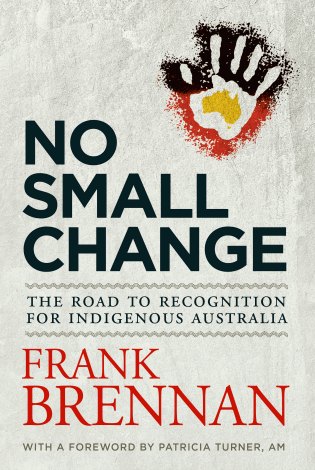
AUSTRALIA
- Frank Brennan
- 19 May 2015
7 Comments
Our Constitution is premised on the outdated notions of terra nullius and assimilation. It is more than three years ago since the Gillard Government set up an Expert Panel, and the Abbott Government is waiting for consensus. Noel Pearson is right to insist that Aboriginal leaders need a place at the table.
READ MORE 
-
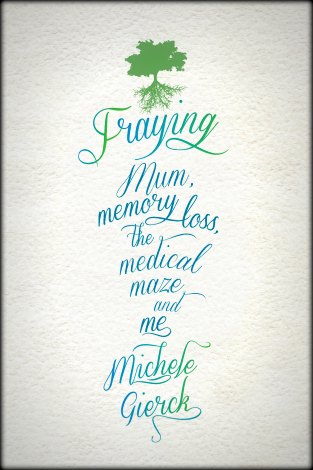
AUSTRALIA
- Andrew Hamilton
- 13 March 2015
8 Comments
The Medicare co-payment was not accepted because it was seen as an altogether naked attempt by the Government to control health expenditure without concern for people and their relationships. Chronically ill people move from ordinary human society into the impersonal world of medical science and health bureaucracy, and their condition involves testing changes in relationships, both at a personal level and with institutions.
READ MORE 
-

- Brian McCoy
- 25 February 2015
2 Comments
I have witnessed Aboriginal payback. It was in the Kimberley on an open sports oval. A young girl from the community had been found killed and I watched the community's desire to re-balance itself with the serious and public punishment of the offender. The whole community was present as the family of the deceased took it in turns to beat his back and stab his thigh. It was one of the most highly charged emotional events I have ever experienced.
At the end, after all the punishment, he fell. The nurses took him into the health clinic and he was later evacuated to hospital. After the ritual was over I remember speaking to the father of the young girl. 'I want to kill him', he said. 'But even that will not remove your pain', I replied. His hurt was raw and tangible and nothing seemed able, at that time, to even get close to healing it. Read more
READ MORE
-
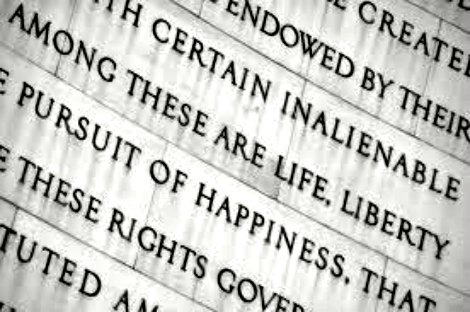
AUSTRALIA
- Shira Sebban
- 19 November 2014
4 Comments
People of faith seem able to find an opportunity for growth, spirituality and meaning in every good deed they do, apparently experiencing true happiness along the way. By way of contrast, emotional happiness is often dismissed as selfish, elusive and unpredictable. But focusing on 'what works for us', and connection through family, friendship and community, also allows us to find purpose, and to savour many happy moments along the way.
READ MORE 
-
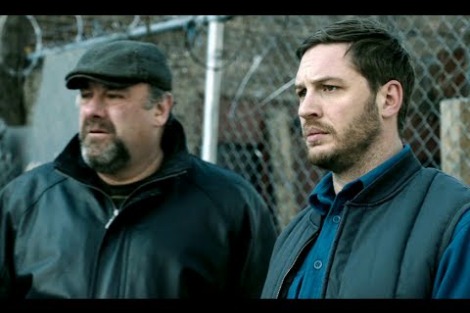
ARTS AND CULTURE
- Tim Kroenert
- 06 November 2014
2 Comments
Bob dutifully attends Mass but never takes communion. He's a fundamentally decent working man, as generous as he is taciturn. He is not the kind of man to, say, turn a blind eye to the plight of an injured dog. But Bob has sinful secrets that he feels alienate him even from God.
READ MORE 